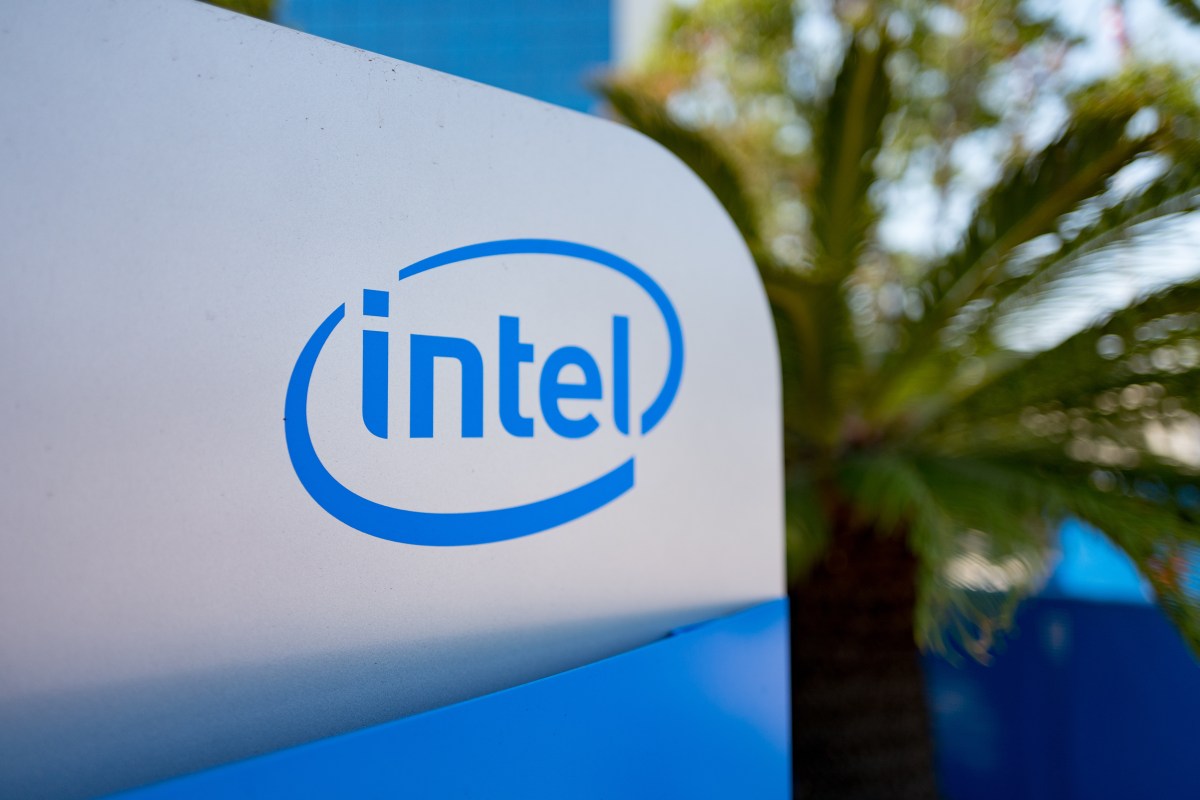Net nonpartisanship is actually back on the food selection, people. After a lengthy, long struggle finishing in possible loss throughout Trump’s presidency, the FCC is actually readied to restore guidelines that broadband companies need to manage all web traffic just as, offering no sweetie handles to organization companions or even their personal companies.
The attempt to revitalize this well-known regulation was actually revealed in a pep talk at the National Push Nightclub through FCC Chairwoman Jessica Rosenworcel, that was among the initial regulation’s champs over a many years earlier.
Rosenworcel claimed that broadband is actually “certainly not a deluxe, it’s a requirement,” incorporating: “It is actually vital framework for modern-day lifestyle. No-one without it possesses a reasonable chance at 21st century results. Our experts need to have broadband to reach out to one hundred% people, as well as it needs to have to become swiftly, available as well as decent.”
In a fact-sheet discussed online, Rosenworcel claimed that the FCC “finds to mostly go back to the prosperous guidelines the Compensation embraced in 2015,” which will categorize broadband as vital comparable along with water, energy, as well as phone company.
As a fast refresher course, web nonpartisanship is actually the concept that net companies — mobile phone or even “corrected” like thread — need to serve as straightforward pipelines for information, certainly not executing any type of evaluation or even prioritization past what is actually demanded to guarantee great company. Some information need to be actually focused on because of the technique systems perform, naturally, yet it will mistake (as well as unlawful under web nonpartisanship) for, point out, Comcast to choke the streaming companies of its own rivals while offering its personal a perk.
Although actions that outright was actually certainly not specifically typical, it had actually happened, as well as non-neutral methods were actually pushing on rebranded as “absolutely no ranking,” seemingly an exclusive offer for individuals where some streaming companies didn’t consider in the direction of data transfer limits.
The FCC passed web nonpartisanship regulation in 2015, as well as the tip that the business our team purchase data transfer ought to neglect what our team utilized that data transfer for was actually remarkably well-known (specifically as this was actually most likely broadband business’ low point in relations to prevailing sentiment). However various other events were actually certainly not thus delighted along with what they identified as regulative overreach.
But with the 2016 election came (as expected) new leadership for the FCC. Tom Wheeler, one of the architects of the net neutrality rule, gave over chairmanship to Ajit Pai, who made no secret of his intention to make overturning it a priority.
And overturn it he did, using legal logic that was spurious in the extreme, prompting the drafters of the law he cited to object to his interpretation of it. However the deed was done.
Since then, a few states have attempted to place net neutrality rules on the books, and some national laws have been proposed as well. But ultimately it seems to have been acknowledged to be a matter for the FCC to decide, as it had done before.
Although Chairwoman Rosenworcel would almost certainly have liked to bring the matter before the Commission earlier, Republicans in the Senate have for years stalled on approving a 5th Commissioner. This left the balance of power equal along with two per party, dooming any allegedly partisan rulemaking like web nonpartisanship. But with Anna Gomez being sworn in as the 5th just today, that obstacle is removed.
Senators Ed Markey and Ron Wyden already noted their support of this endeavor:
The broadband and mobile industries will likely cry loudly that in the absence of net neutrality rules there has been no serious offense against the principle. But the better explanation for this is that these companies considered themselves on probation following the 2015 order, which given the flimsiness of the legal work overturning it, they knew must come round again.
Now Rosenworcel, likely armed with an improved order that addresses any loose threads hanging off the last one, is in a fair position to establish net neutrality in a more permanent way. There will be some unpleasantness from dissenting Commissioners — Carr already dropped a pre-disputation of the plan ahead of Rosenworcel’s remarks. And perhaps some kind of outrage from the political right, which may as it did before cast this (like other initiatives on privacy and accountability from the FCC) as an infringement on the free speech rights of corporations. Unfortunately the judge that created that decision, Brett Kavanaugh, is now a Supreme Court Justice. So we may very well see net neutrality climb its way to that high court, where perhaps he will receive a second lawful walloping.




